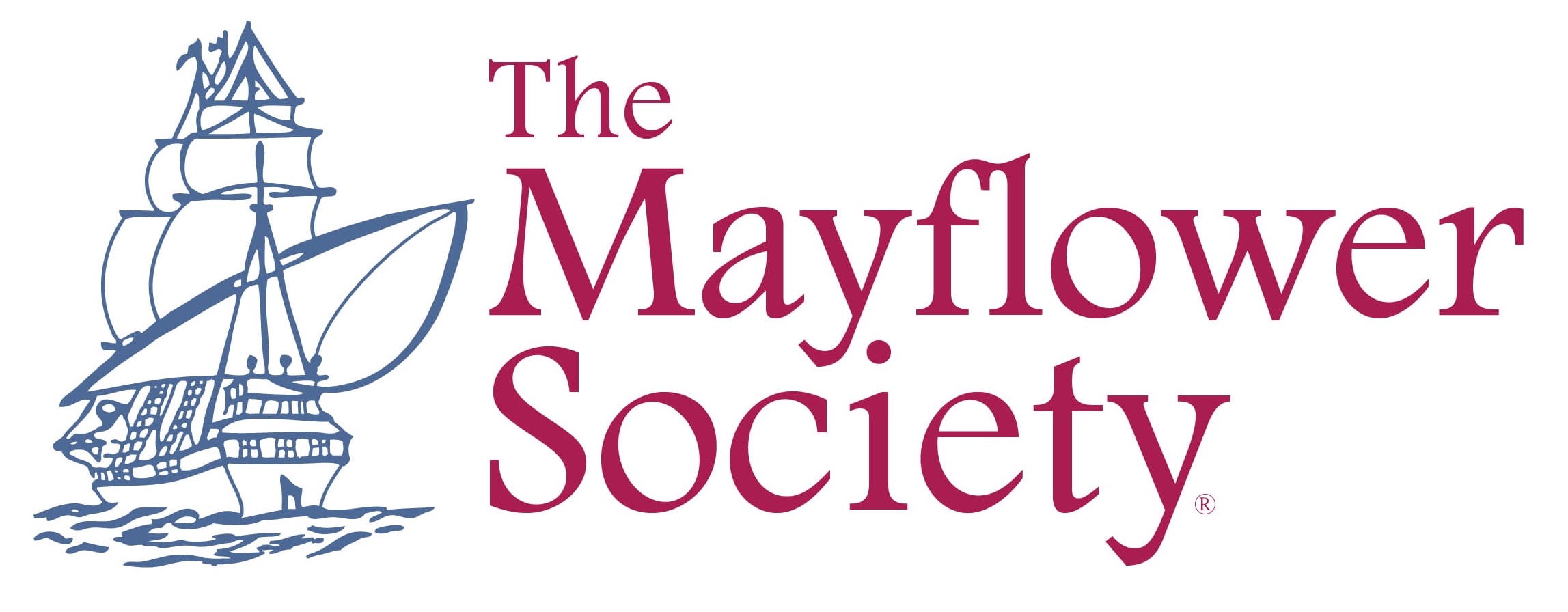The Cooke Family
Passenger Profile
Francis Cooke traveled on the Mayflower with his son, John, leaving wife Hester and children, Jane, Jacob and Hester who followed in 1623 on the Anne.
Francis was born circa 1583, his origins and parentage unknown; he died at Plymouth, 7 April 1663. His marriage intentions with Hester Mahieu were filed at Leiden, Holland 4 July 1603 [not 30 June], and the third banns published 20 July 1603, therefore they were married soon after in the Walloon Reformed Church. Hester was born, probably at Canterbury, England, circa 1582 to 1588 and died at Plymouth, after 8 June 1666 and before 18 December 1675.
The voyage began for Francis when he and his 13-year-old son John were aboard the Speedwell. This ship was to join the Mayflower to carry more members of their congregation however, the ship returned twice for repairs before the decision was made that it was not seaworthy. As many members as possible were transferred to the Mayflower (including Francis and John) while others stayed behind to await future ships.
Francis was a signer of the Mayflower Compact on 11 November 1620 while at Provincetown Harbor. He received two acres in the 1623 land division, one for himself and another for his son, John. He also received four acres, which would account for his (unnamed) wife and three children who arrived that year on the Anne. The 1627 Cattle Division names his wife, Hester, and children John (Mayflower passenger), Jacob, Jane and Mary Cooke.
On 16 February 1621, Francis was at work in the woods with Captain Miles Standish and they left their tools behind, intending to return, however when they did, they found the tools gone.
Francis and his son John are mentioned frequently in the colony and the town records of Plymouth. They were active in town affairs, serving on committees and as jurors. When he removed to Dartmouth, John continued being an active member of that town.
In 1651, William Bradford wrote, “Francis Cooke is still living, a very old man, and hath seen his children’s children have their children.” He died in the spring of 1663 about 80 years old and was probably buried on Burial Hill in Plymouth.
Descendants of Francis Cooke are invited to join the Pilgrim Francis Cooke Society.
Children of Francis and Hester (Mahieu) Cook:
- Jane Cook, born probably at Leiden, Holland, circa 1604; died date unknown, by 1651, circa 1630’s; married at Plymouth, soon after 22 May 1627, Experience Mitchell and had three children: Elizabeth, Thomas and Mary Mitchell.
- John Cook, born at Leiden, between 1 January and 31 March 1607; died at Dartmouth, 23 November 1695; married at Plymouth, 28 March 1634, Sarah Warren, the daughter of Richard Warren of the Mayflower; they had five children: Sarah, Elizabeth, Hester/Ester, Mary and Mercy Cook.
- Unnamed Child, born circa 1608, buried at Leiden, 20 May 1608.
- Elizabeth Cook, baptized at Leiden, 26 December 1611; died before 22 May 1627.
- Jacob Cook, born circa 1618 at Leiden; married 1) at Plymouth, soon after 10 June 1646, Damaris Hopkins, daughter of Stephen Hopkins of the Mayflower; they had seven children: Elizabeth, Caleb, Jacob, Mary, Martha, Francis and Ruth Cook; married 2) at Plymouth, 18 November 1669, Elizabeth (Lettice) Shurtleff and had two children: probably Sarah and Rebecca Cook.
- Hester Cook, born probably at Plymouth, circa 1624/25; died probably at Plymouth, after 9 May 1669, and by 8 June 1691; married probably at Plymouth, circa 1644, Richard Wright; they had six children: Adam, John, Esther, Isaac, Samuel and Mary Wright.
- Mary Cook, born at Plymouth, circa 1626/27; died at Middleborough, 21 March 1714; married at Plymouth, 26 December 1645, John Thompson; they had twelve children: Adam, John (died young), John, Mary, Hester/Esther, Elizabeth, Sarah, Lydia, Jacob, Thomas, Peter and Mercy Tomson.
Sources:
Mayflower Families Through Five Generations, Frances Cooke, vol. 12, by Ralph V. Wood Jr, 1996.
Mayflower Passenger References (from contemporary sources and scholarly journals), by Susan E. Roser, 2011, pp. 183-201.
